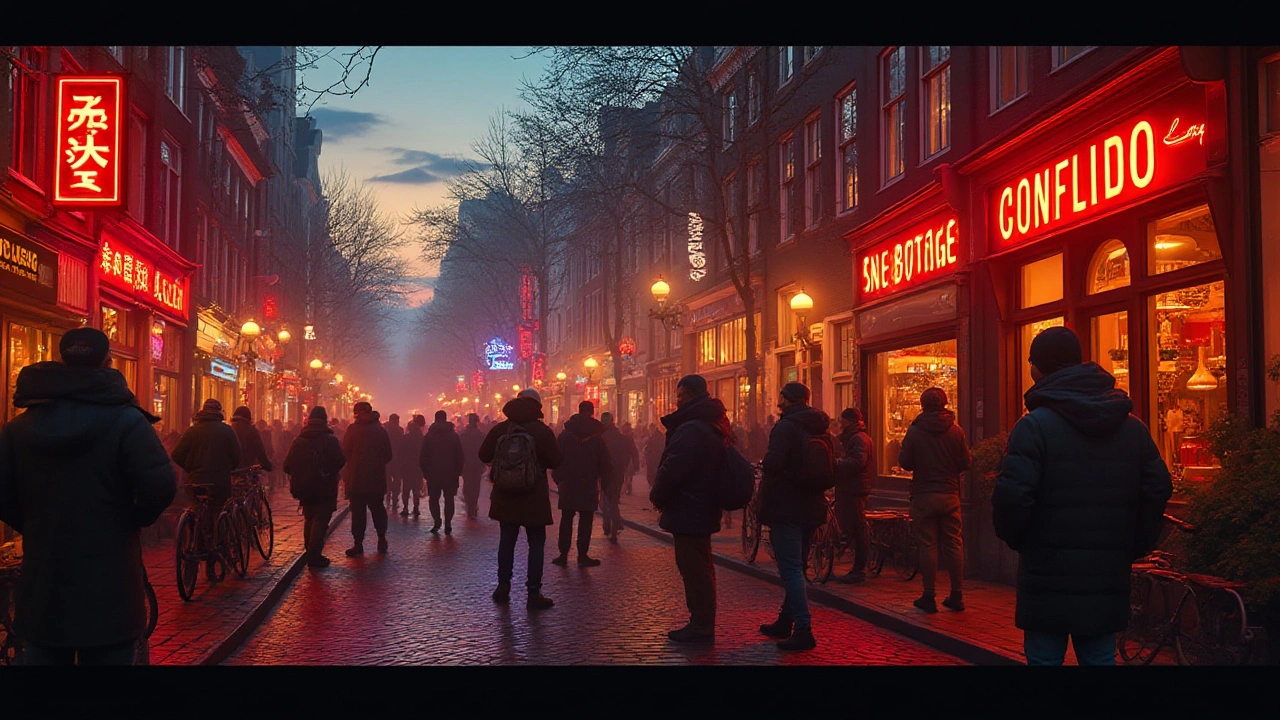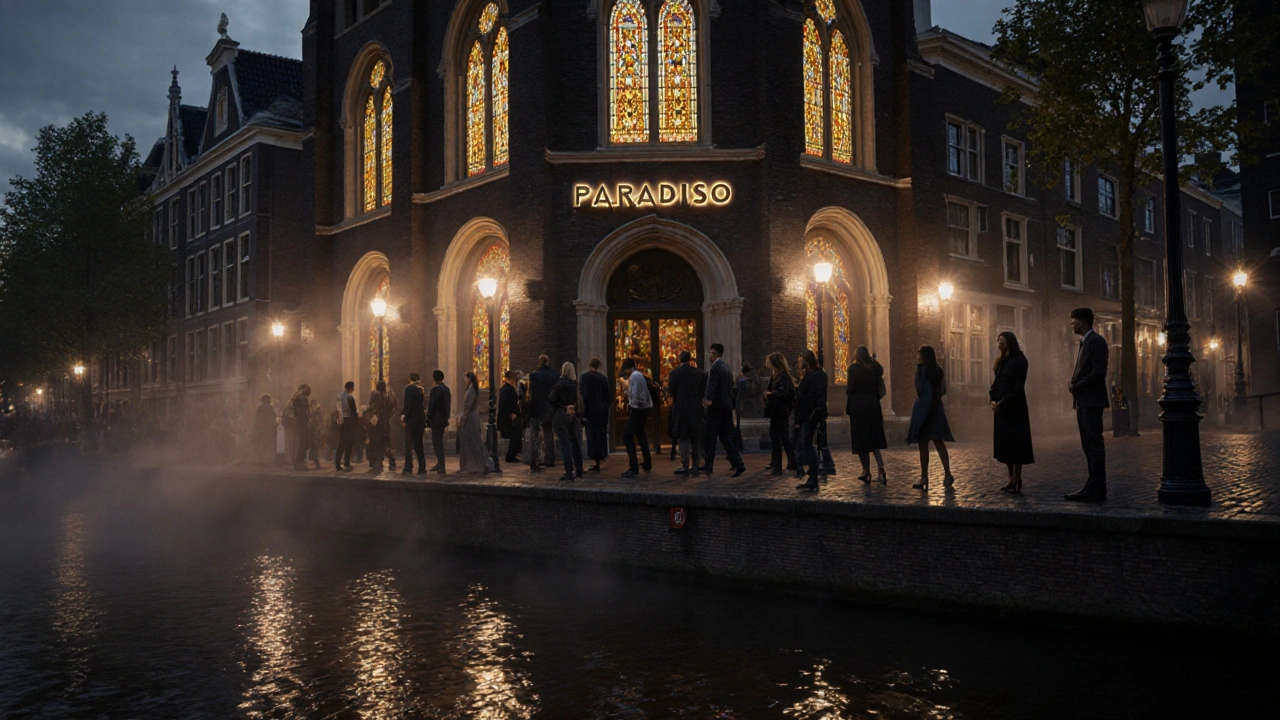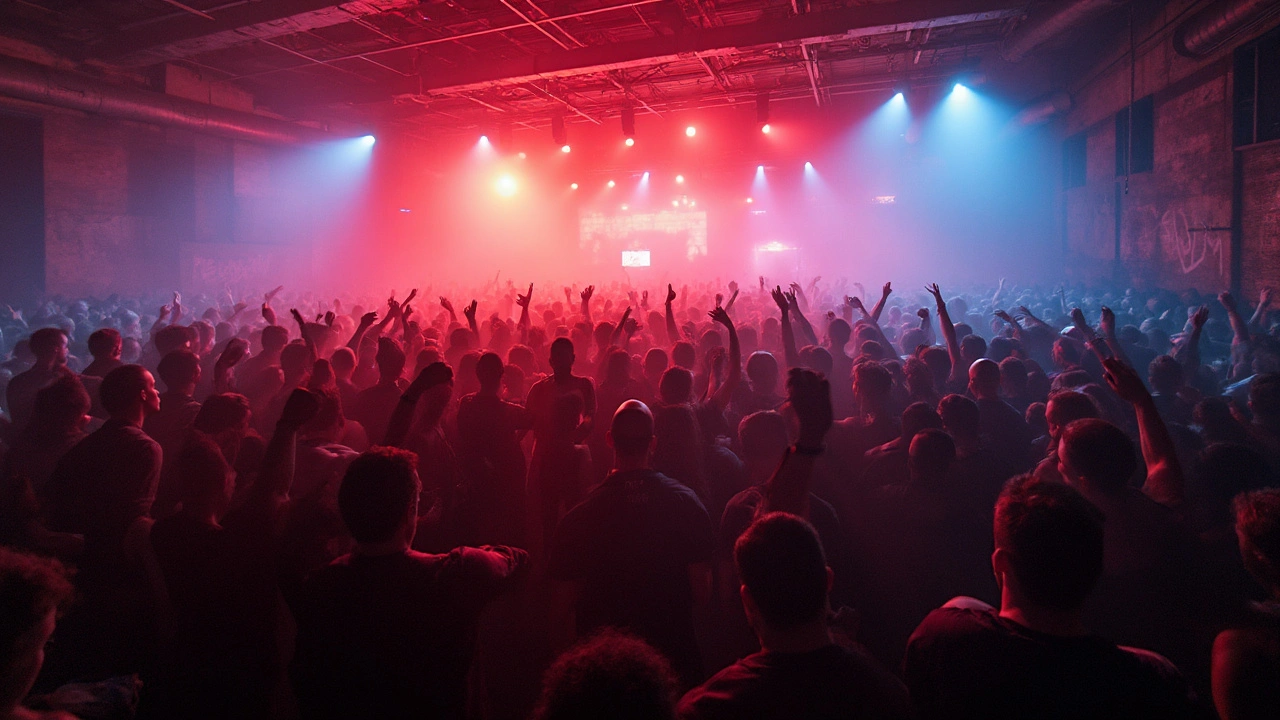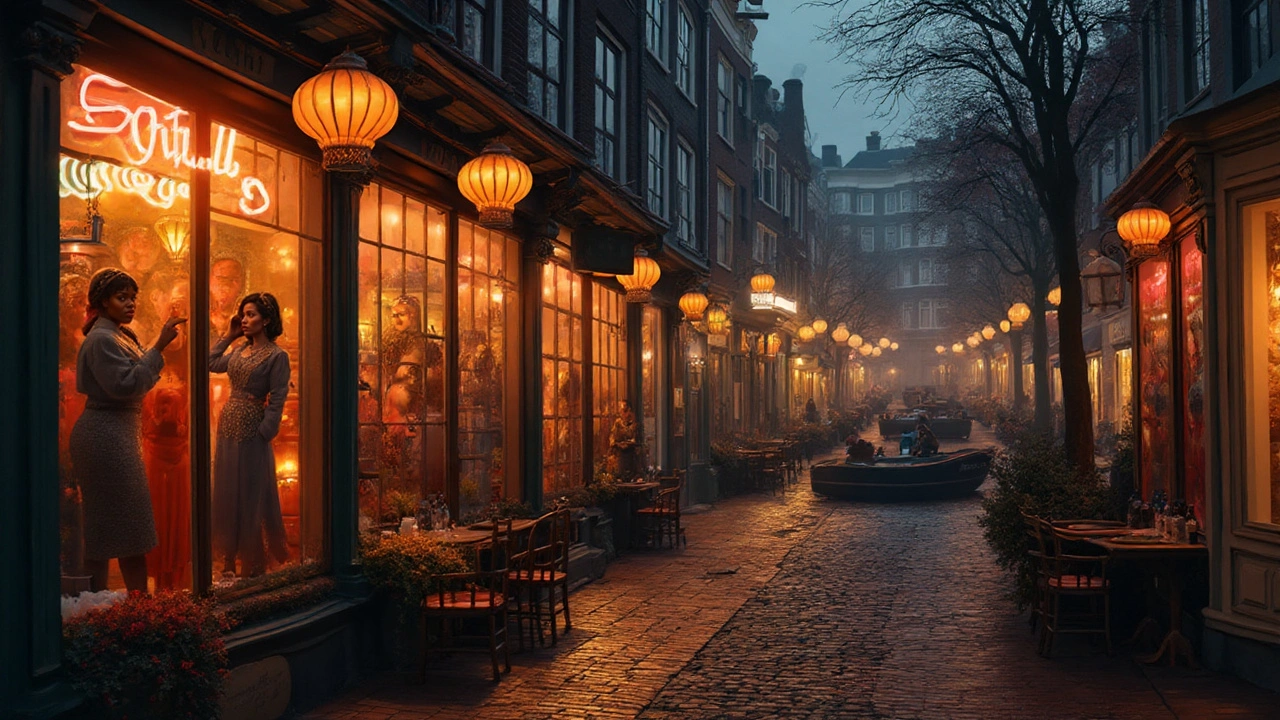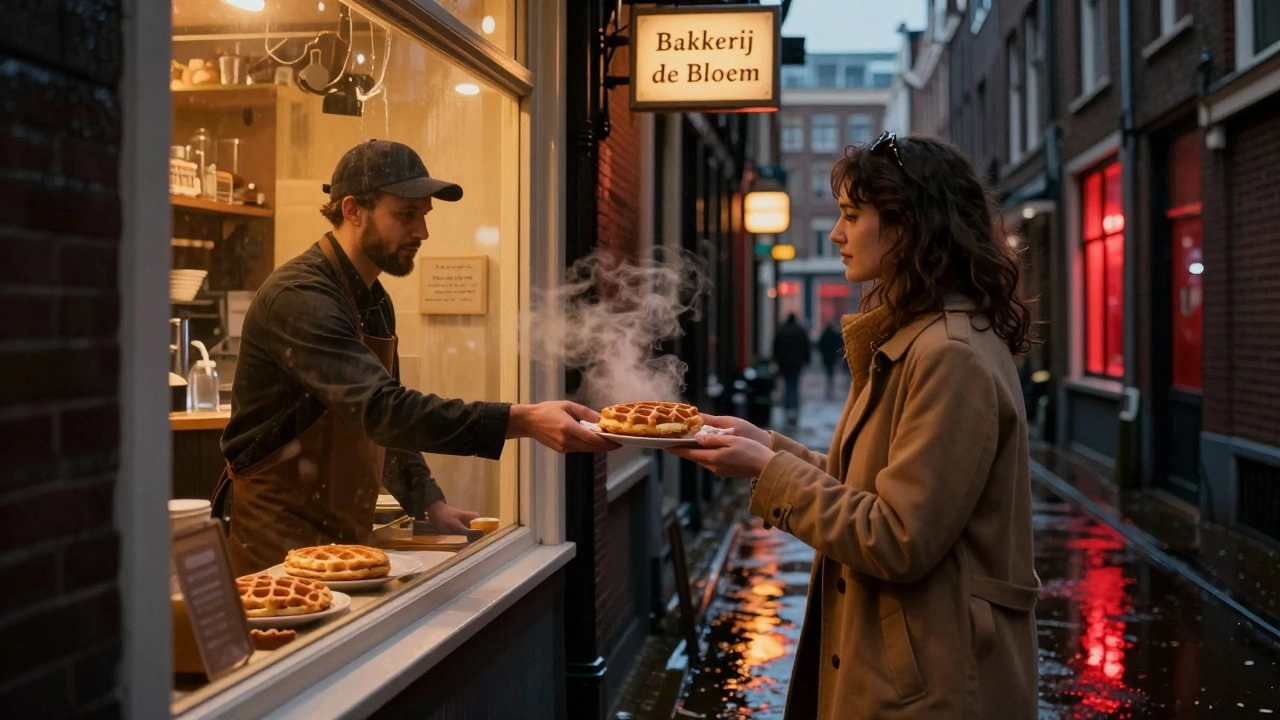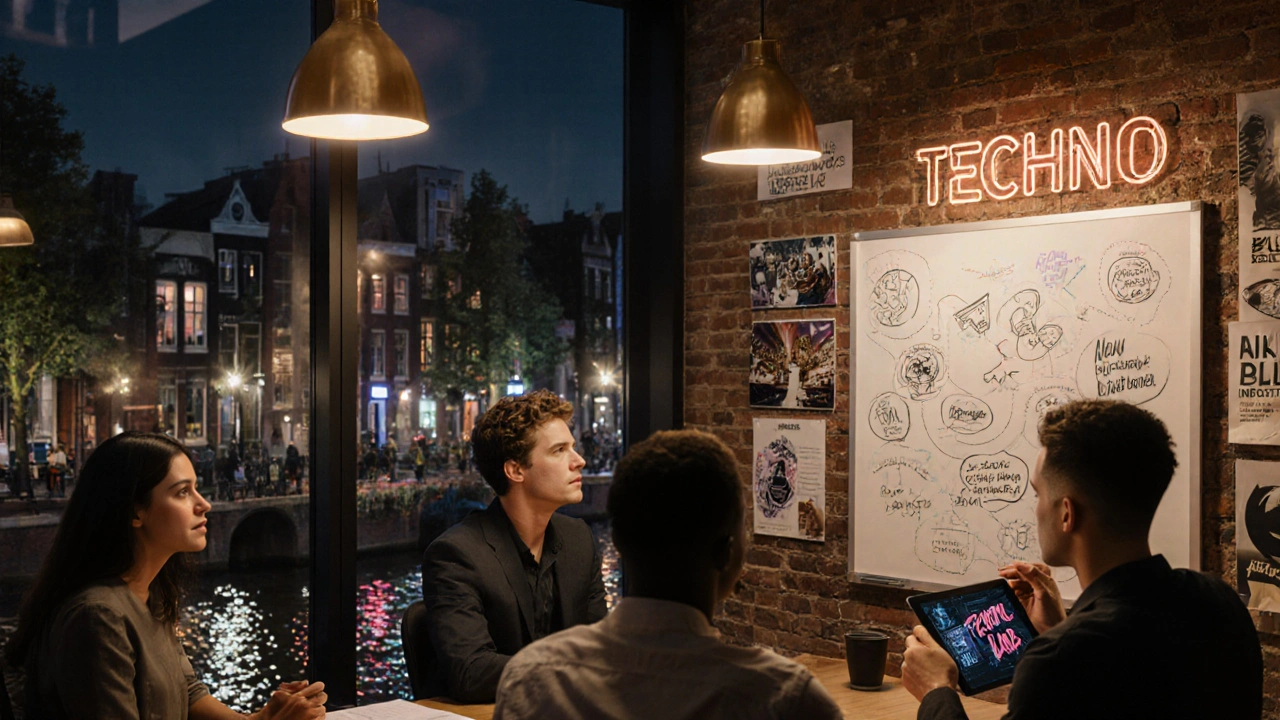
Thinking about opening a techno club Amsterdam scene that pumps out deep bass under the city's iconic canals? You’re not alone - the city’s love for EDM, its warehouse‑style venues, and a crowd that lives for late‑night beats make it fertile ground for a new techno hotspot. Below is a hands‑on guide that walks you through everything from finding the perfect space in the Jordaan district to navigating Dutch licensing rules.
Define Your Vision and Brand
Every successful Techno Club is built on a clear concept. Ask yourself: Will you focus on underground sounds, host international headliners, or blend live visual art? In Amsterdam, clubs like De School thrive by offering a 24‑hour licence and a cultural programme that includes art installations. Your brand should echo the city’s progressive vibe while standing out from established names such as Awakenings.
Secure the Right Location
Finding a space is the most critical step. Look for former warehouses near the Amsterdam canals or under‑utilised industrial zones in the Amsterdam‑Noord area. These locations provide high ceilings, solid walls for sound isolation, and the gritty aesthetic techno fans love. When scouting, check the building’s ‘BAG’ (Basisregistratie Adressen en Gebouwen) record for structural safety - a requirement enforced by the Municipality of Amsterdam.
- Proximity to public transport (metro line 52, tram 10) ensures easy access after midnight.
- Check for existing ‘nachtweg’ (night route) permissions to avoid street‑closure headaches.
- Consider nearby competitors: a club next to the Red Light District may attract a different crowd than a venue near the NDSM wharf.
Navigate Licensing and Legal Requirements
Running a club in the Netherlands means complying with several regulations:
- Operating licence (Evenementenvergunning) - obtained from the Municipality of Amsterdam. Submit floor plans, fire‑safety reports, and a noise‑impact assessment.
- Music rights - All tracks played must be reported to Buma/Stemra. They’ll calculate royalties based on attendance figures.
- Business registration - Register your club as a BV (Besloten Vennootschap) with the Dutch Chamber of Commerce (KvK). This gives you a legal entity and opens bank accounts.
- Safety and security - Hire a certified security firm like Event Security NL. They handle crowd control, ID checks, and emergency procedures.
Design the Space for Sound and Atmosphere
Acoustics can make or break a techno night. Work with a local acoustician to treat walls with bass traps and install a high‑quality PA system. For equipment, many Amsterdam clubs source gear from Music Store Amsterdam, which offers everything from Pioneer CDJs to Meyer Sound line arrays.
- Allocate a separate room for a chill‑out lounge - a quiet zone boosts overall guest satisfaction.
- Install LED walls or projection mapping for visual depth; venues like Radion use this to great effect.
- Design a bar layout that avoids bottlenecks, especially near the dancefloor.
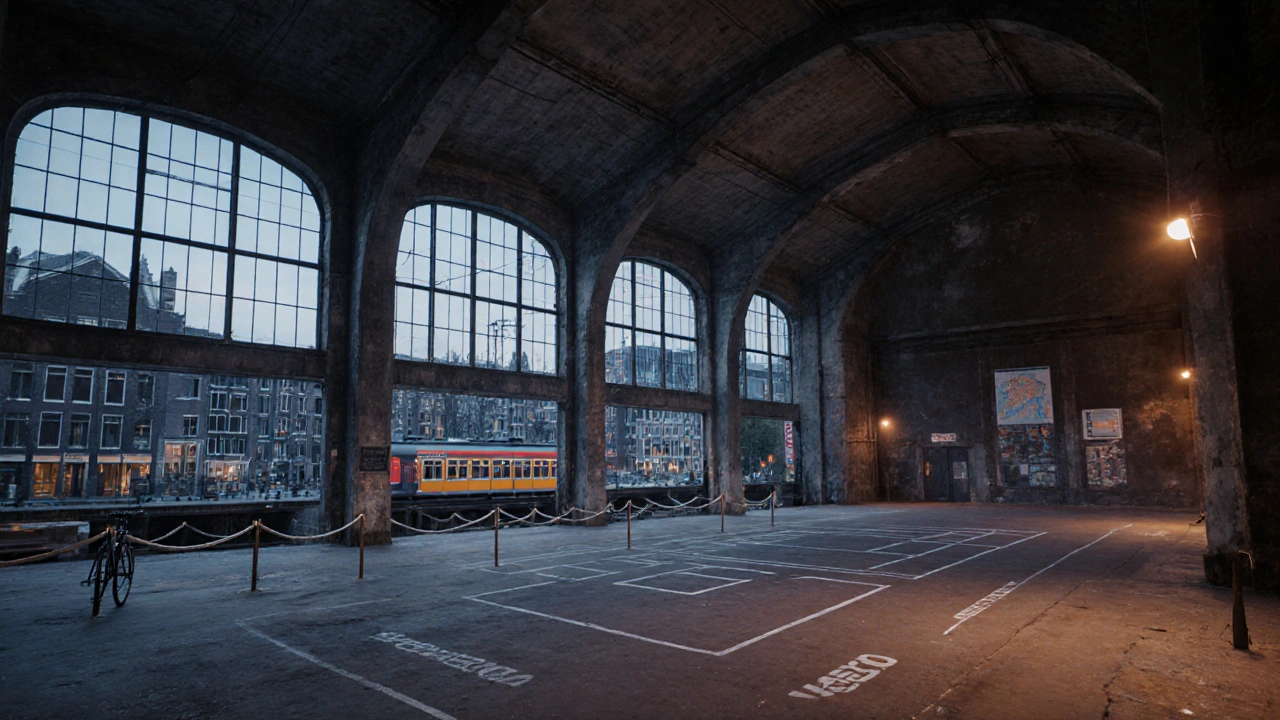
Book DJs and Build Your Programme
Amsterdam’s DJ pool includes both local talent and international acts. Partner with promoters such as Awakenings to secure big names, or curate a resident line‑up of up‑and‑coming Dutch producers. When drafting contracts, include clauses for set length, technical rider, and cancellation policy.
Tip: Schedule themed nights (e.g., “Industrial Thursday”) to attract niche audiences and keep the calendar fresh.
Marketing, Community, and Ticketing
Even in a city saturated with events, a strong brand cuts through. Leverage Instagram Stories featuring behind‑the‑scenes prep, collaborate with local fashion labels like Scotch & Soda for merchandise, and list your events on platforms like Resident Advisor. For ticketing, use Dutch services such as Ticketmaster NL to handle payments and age verification.
- Offer early‑bird discounts to build hype.
- Engage the community with free workshops on DJing or lighting design.
- Gather email addresses at the door for future promotions.
Financial Planning and Ongoing Operations
Initial capital can range from €150,000 for a modest pop‑up to over €1million for a full‑scale club. Your budget should cover rent, sound system, interior build‑out, licences, staff, and marketing. Create a cash‑flow forecast that accounts for seasonal dips (e.g., the summer holiday period when locals travel abroad).
| Expense Category | Low‑End Estimate | High‑End Estimate |
|---|---|---|
| Venue lease (annual) | €80,000 | €300,000 |
| Sound & lighting equipment | €40,000 | €200,000 |
| Licensing & permits | €10,000 | €30,000 |
| Staff (first 6 months) | €50,000 | €120,000 |
| Marketing launch | €10,000 | €40,000 |
| Contingency (10%) | €19,000 | €69,000 |
Monitor key performance indicators such as average spend per head, repeat‑visit rate, and sound‑level compliance to keep the business healthy.
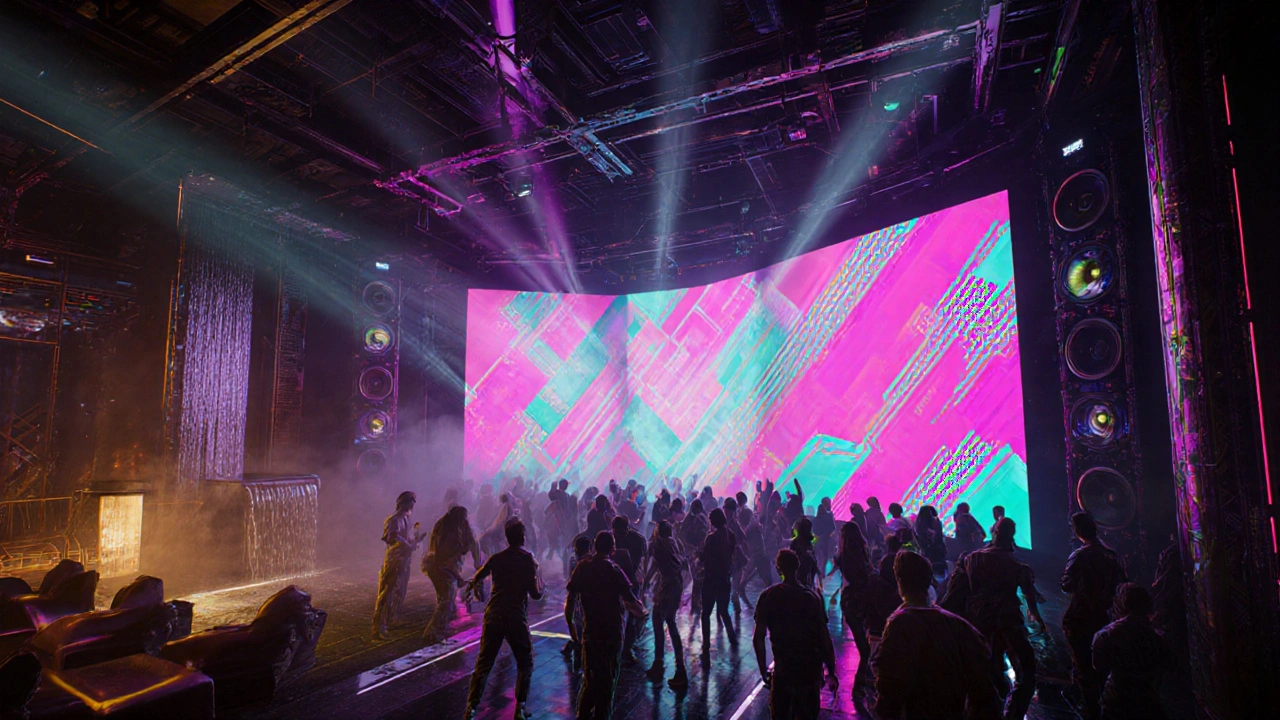
Checklist Before Opening Night
- Secure operating licence and fire safety certificate.
- Finalize sound system calibration with a local acoustician.
- Confirm DJ contracts and technical riders.
- Run a soft‑opening night for staff training.
- Test ticketing platform and set up entry control.
- Implement noise‑monitoring equipment to stay within municipal limits.
- Prepare a crisis plan with Event Security NL.
Next Steps and Troubleshooting
If you hit a roadblock, here’s what to do:
- Licence delayed? Contact the Municipality of Amsterdam office directly; they often provide a provisional permit for small test events.
- Sound complaints? Install real‑time decibel meters and share readings with neighbours to demonstrate compliance.
- Low ticket sales? Run a pop‑up event at an existing venue like De School to generate buzz before your own space opens.
Frequently Asked Questions
Do I need a special licence to play techno music in Amsterdam?
Yes. You must obtain an Evenementenvergunning from the Municipality of Amsterdam and register all tracks with Buma/Stemra for royalty reporting.
How much does it cost to rent a warehouse in Amsterdam‑Noord?
Prices vary widely, but a 300‑sqm former warehouse typically costs between €5,000 and €12,000 per month, depending on location and condition.
Can I hire local DJs without going through a promoter?
Absolutely. Platforms like Resident Advisor and local Facebook groups let you connect directly with Dutch producers. Just ensure you have a clear contract covering set time and technical needs.
What are the noise limits for nightclubs in Amsterdam?
The city enforces a maximum of 85 dB(A) measured at the nearest residential property between 22:00 and 04:00. Exceeding this can lead to fines or licence revocation.
Do I need a Dutch bank account to operate the club?
While not legally mandatory, having a Dutch business account simplifies tax filings, payroll, and transactions with local suppliers like Music Store Amsterdam.
With the right mix of location, legal groundwork, and a solid cultural concept, your techno club can become the next hotspot on the Amsterdam nightlife map. Start planning today, and let the beats echo through the city's historic streets.

